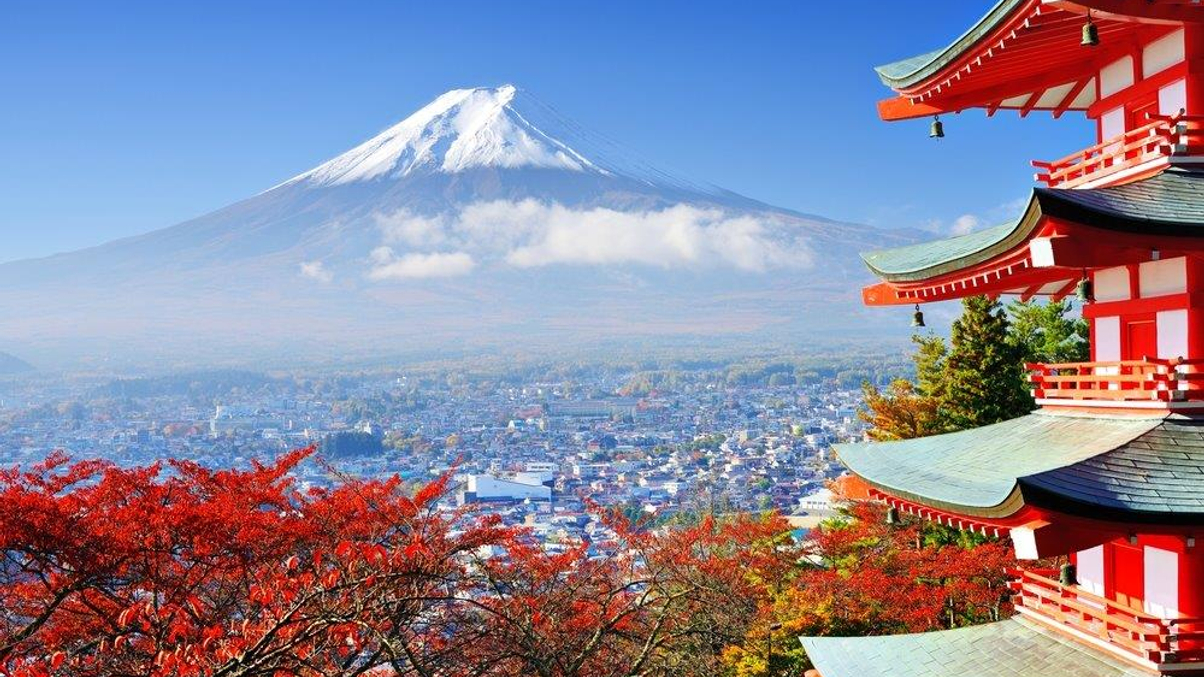The case for – and against – a SWF for Japan
The country has a huge current account surplus and foreign reserves, which would help it to establish its own sovereign wealth fund, if it wishes. What's standing in the way?

Japan is one of the best-placed countries in the world to establish a sovereign wealth fund (SWF) in the next decade in part due to an enormous current account surprlus, according to a think-tank. But investment experts familiar with the country are unconvinced such a vehicle is likely to see the light of day.
Sign in to read on!
Registered users get 2 free articles in 30 days.
Subscribers have full unlimited access to AsianInvestor
Not signed up? New users get 2 free articles per month, plus a 7-day unlimited free trial.
¬ Haymarket Media Limited. All rights reserved.


